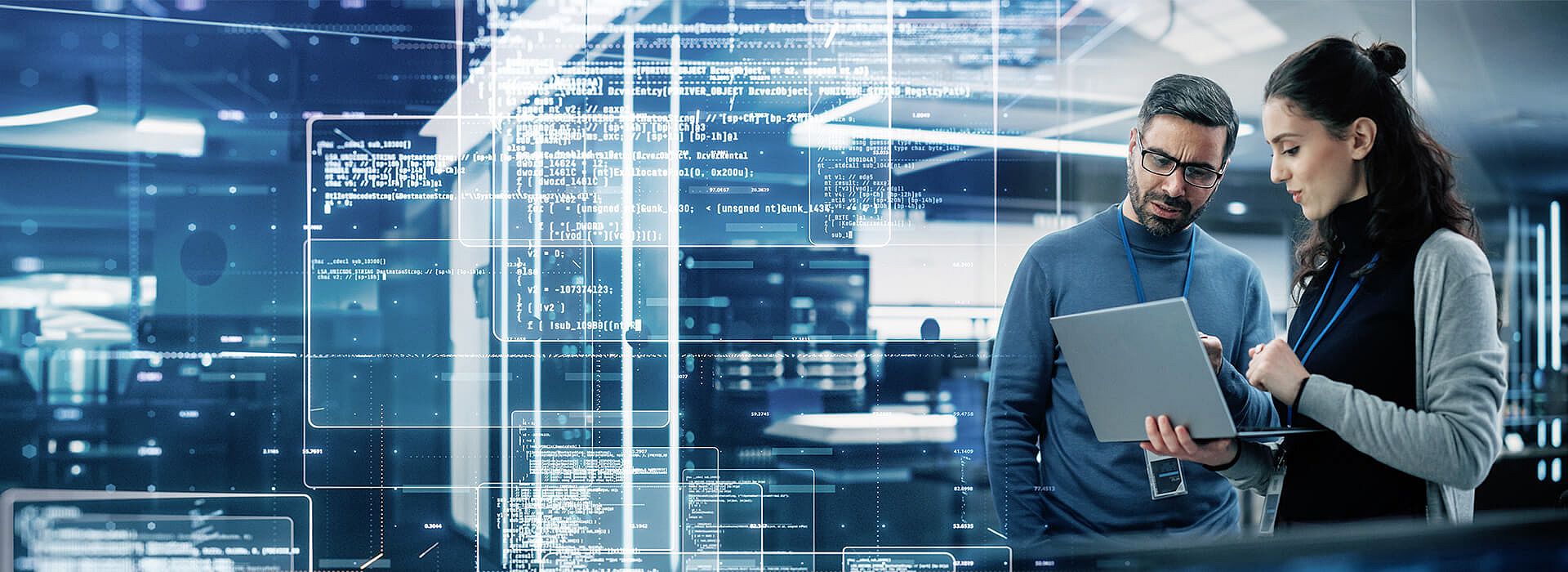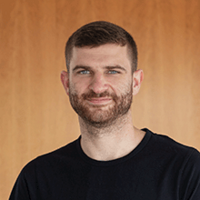
Increasing corporate capability through digital value creation
Regardless of whether efficiency increases with standard software or new digital services with individual software are required, key skills are needed for the effective implementation of software projects. It is therefore necessary for the long-term success of companies that they can confidently shape the effective implementation of digital value creation. To address this challenge, Software4KMU offers a low-threshold information service for establishing software engineering knowledge: Easily applicable and domain-independent software engineering approaches are made available in the form of an online toolbox.
The software engineering knowledge is presented interactively and intuitively and supplemented by best practices and exemplary instructions in an action-oriented manner. The focus is on the topics of requirements engineering and quality assurance, which form the basis for the realization of successful software projects. The toolbox serves primarily as a self-learning instrument. The offer is supplemented by training formats and workshops. The formats are used to teach the basics of requirements engineering, software technology and software quality.
Existing sources and tools for software development are often confusing, require a high level of prior knowledge and are aimed at target groups with a background in information technology or science. The Software4KMU toolbox offers SMEs in particular a structured overview of established methods and practices in software development and thus enables quick and efficient access to scientifically sound, practice-relevant information on software development.
SMEs also receive support to effectively implement the digital business models they have developed. The "Artefact Model for Domain-independent Requirements Engineering" (AMDiRE) chosen for the realization is an advanced approach that is domain-independent compared to conventional requirements approaches and thus appeals to a large user group. In the area of quality assurance, the project focuses on artifacts and best practices such as continuous integration and automation.
01.01.2024 - 31.03.2025
